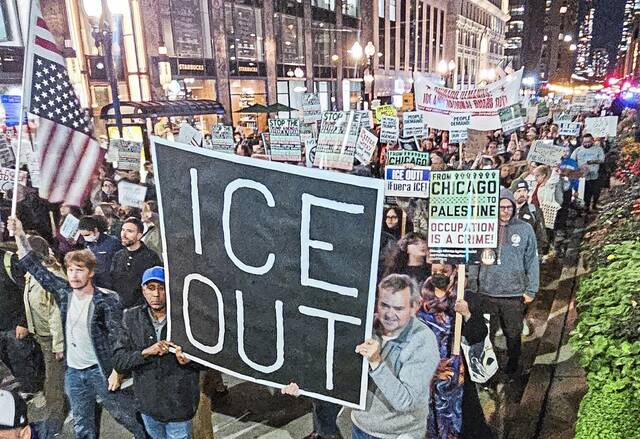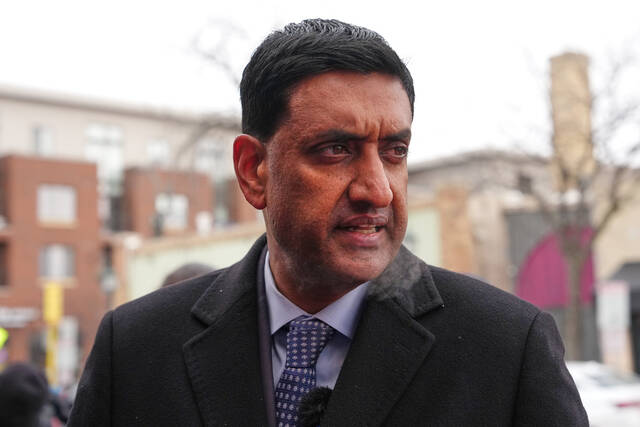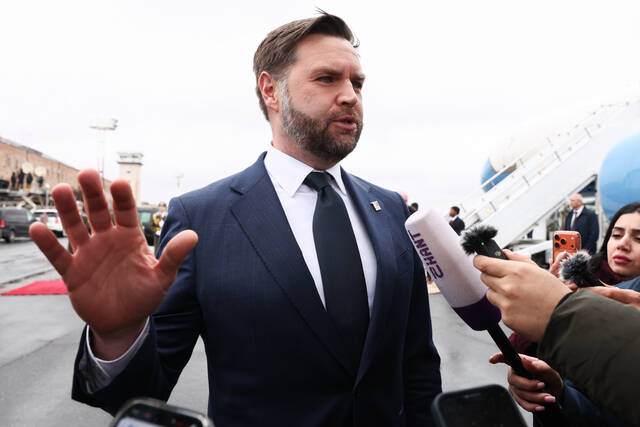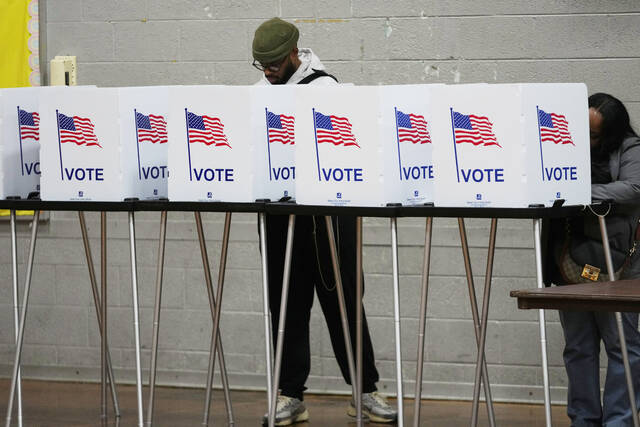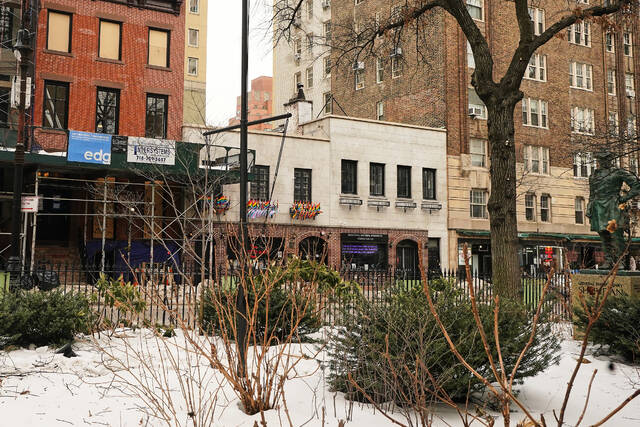WASHINGTON – President Donald Trump asked the Supreme Court to remove a lower court’s block on the deployment of National Guard troops to Chicago.
Local officials opposed the troop deployment and judges have found it could lead to civil unrest. But Solicitor General John Sauer told the court that Trump determined troops were needed to quell protests against federal agents enforcing immigration laws and that the danger was too great to wait for the litigation to be resolved.
“This case presents what has become a disturbing and recurring pattern: Federal officers are attempting to enforce federal immigration law in an urban area containing significant numbers of illegal aliens,” Sauer wrote. “The federal agents’ efforts are met with prolonged, coordinated, violent resistance that threatens their lives and safety and systematically interferes with their ability to enforce federal law.”
A federal appeals court on Oct. 11 said the Trump administration cannot deploy the National Guard in Illinois.
But the brief ruling by 7th U.S. Circuit Court of Appeals in Chicago said Trump could still federalize the National Guard. The ruling said troops already deployed don’t need to return home for now.
The appellate ruling largely upheld a federal judge’s order Oct. 9 that prevented the administration from deploying troops from other states to Illinois. In her opinion, U.S. District Judge April Perry wrote the National Guard deployment “is likely to lead to civil unrest.”
In a statement after the appeals ruling, White House Spokesperson Abigail Jackson said the president had exercised his lawful authority to protect federal officers and assets.
“President Trump will not turn a blind eye to the lawlessness plaguing American cities, and we expect to be vindicated by a higher court,” Jackson said.
The Chicago area has been at the center of the administration’s sweeping immigration crackdown, dubbed Operation Midway Blitz. Protests have erupted in response, often in front of an Immigration and Customs Enforcement facility in the suburb of Broadview.
The case represents a continuing clash between Trump and state and local officials about his aggressive enforcement of immigration laws. California is also fighting the deployment of troops in Los Angeles. And a federal judge on Oct. 5 temporarily blocked the Trump administration from sending any National Guard troops to police Portland, Oregon, hours after the Pentagon said that it reassigned 200 California National Guard members to that state.
Trump insists he has the authority to send the troops even when governors and mayors oppose him.
Summarizing, Sauer wrote: “Confronted with intolerable risks of harm to federal agents and coordinated, violent opposition to the enforcement of federal law, the President lawfully determines that he is unable to enforce the laws of the United States with the regular forces and calls up the National Guard to defend federal personnel, property, and functions in the face of ongoing violence.”


